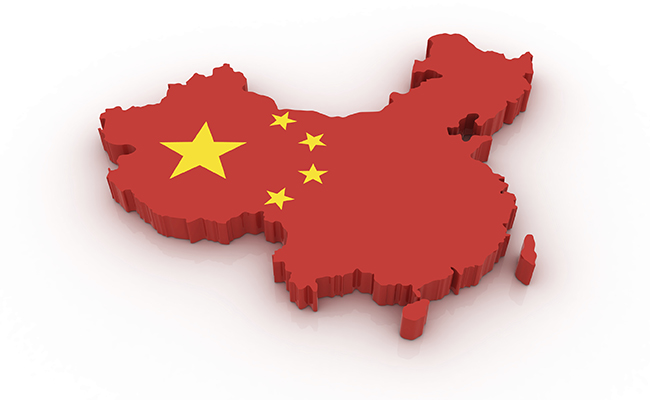The week that was: Chinese billionaire Chen Guangbiao makes a play for The New York Times; Wal-Mart deals with ‘donkey’ meat recalls; and Revlon exits China.
Courting The Grey Lady
Chen Guangbiao, the Chinese billionaire and philanthropist known for his outrageous publicity stunts, hit the headlines (yet) again this week. No, this time he is not selling “canned air” (to combat Beijing’s smog woes, in late 2012 Chen started selling different varieties of canned fresh air for 5 yuan a piece as an antidote—he reportedly sold more than 8 million cans). Neither is he tasting a fire extinguisher spray to prove it is non-toxic. Nor is he sitting in a room with RMB 1.4 billion worth of 100 yuan notes stacked as bricks.
This time around, the irrepressible Chen, whose wealth is estimated to be about $800 million according to the Hurun Rich List, has pulled off something far more audacious. He has set his sights on The New York Times. Earlier this week, Chen laid bare his intentions to buy “a large or controlling stake” in The New York Times Company. He claims to have set up a meeting with The New York Times to discuss this next week, even as a Times spokesperson denied having information of any such meeting. In an interview (somewhat ironically with the same newspaper he intends to buy), Chen said, “If I can get this deal with The New York Times, I will be able to bring more positive images and influence to contribute to world peace and make the world a better place.”
If Chen is serious about his intentions, NYT is a somewhat strange choice: the newspaper’s website is banned in China. Chen though, is familiar with the newspaper’s influence. During the Diaoyu islands controversy, Chen reportedly spent $30,000 on an ad in NYT claiming China’s territorial claim over the islands.
Wal-Mart Foxed Over Tainted Donkey Meat
This was a pain in the ass, quite literally, for retail giant Wal-Mart. The world’s largest retailer found itself in hot soup when DNA tests revealed that what was being sold as ‘Five Spice’ donkey meat in its Jinan stores in Shandong province, was actually fox meat. The meat was immediately recalled and Wal-Mart offered to reimburse customers. Greg Foran, Wal-Mart’s China President and CEO, apologized and promised to improve supplier management.
This is not the first time that Wal-Mart has faced trouble in China: in 2011, it came under the scanner because what it was selling as organic pork turned out to be regular pork. In a separate incident a Wal-Mart store in Chongqing was fined for selling duck meat past its expiry date. And then again, Wal-Mart along with French retailer Carrefour was fined a combined RMB 9.5 million for “manipulating product prices”.
The fox meat scandal is coming at a time when foreign brands such as Starbucks and KFC parent Yum! Brands have come under fire in China. If Wal-Mart doesn’t handle the latest incident well, it could snowball into a PR nightmare, which as many multinational corporations in China will admit, can be hard to cool down.
Revlon Packs its Vanity Case
China is a very lucrative market, but it’s probably not for everyone. Cosmetics brand Revlon has decided to exit the market after a dismal performance, leaving in its wake 1,000-odd job cuts. While the Chinese cosmetics market has more than doubled between 2008 and 2012 according to research by the Fung Group, Revlon hasn’t been able to ride this boom: China accounted for only 2% of its net sales in 2012. The South China Morning Post quoted Revlon spokeswoman Elise Garofalo as saying, “We made a holistic assessment of the opportunity in China versus the cost of doing business there and we concluded that it made the most sense to exit the market.”
Meanwhile company watchers are attributing Revlon’s China debacle to everything from poor brand building to limited localization efforts.
End Note: Graveyard Shift
Okay, we admit, this one is rather morbid.
According to CNN Money, China’s aging population (and resultant deaths) is leading to a boom in at least one industry: “death care services”. As the article says, “Providing services from burial plot landscaping to funeral catering is a lucrative business. The industry was worth 93.5 billion yuan ($15.4 billion) last year, and is forecast to rise 10% annually for the next five years, according to Euromonitor… Investors have already spotted the potential. Shares in Shanghai-based Fu Shou Yuan, China’s largest death care provider, soared by as much as 66% when they began trading in Hong Kong late December.”
The words ‘Rest in Peace’ now probably mean nothing due to rising burial costs: “tombs in Beijing can easily cost 75,000 yuan, or $12,000—three times the price per meter for housing in China’s capital city.” Some pricey real estate that is.




















